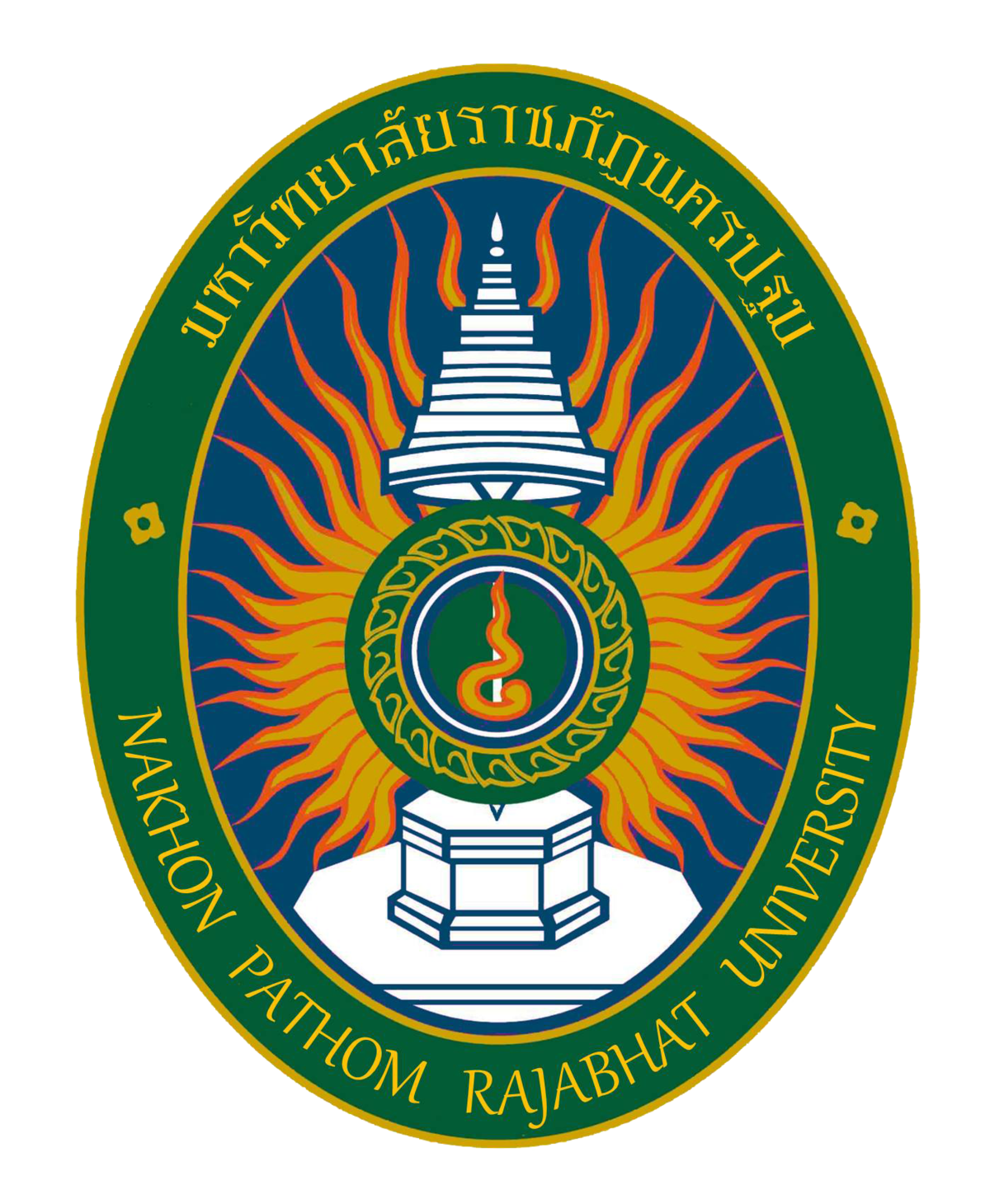
รายชื่อบทความงานประชุมวิชาการระดับชาติ ครั้งที่ 15
(มหาวิทยาลัยราชภัฏนครปฐม)
ระหว่างวันที่ 13 – 14 กรกฎาคม 2566
ณ โรงแรม ไมด้า แกรนด์ ทวารวดี นครปฐม จังหวัดนครปฐมสาขา รัฐศาสตร์ รัฐประศาสนศาสตร์ และนิติศาสตร์
| ชื่อบทความภาษาไทย |
นโยบายทางเศรษฐกิจไทยหลังเลือกตั้ง พ.ศ. 2566 |
| ชื่อบทความภาษาอังกฤษ (Title) |
Thailand Economic Policy After Election 2023 |
| ชื่อผู้เขียนภาษาไทย
(Authors TH) |
ผศ.สมยศ สืบจากดี  , , |
| ชื่อผู้เขียนภาษาอังกฤษ (Authors EN)
|
Somyot Seubjakdee  , , |
| บทคัดย่อภาษาไทย |
การคาดการณ์นโยบายทางเศรษฐกิจของรัฐไทยภายหลังการเลือกตั้ง พ.ศ. 2566 โดยใช้ข้อมูลของสถานการณ์ทางเศรษฐกิจและการเมืองระหว่างประเทศและภายในประเทศมาวิเคราะห์ โดยปัจจัยที่ส่งผลต่อนโยบายทางเศรษฐกิจหลังเลือกตั้งสามารถแบ่งเป็น 2 ส่วน คือ 1) ปัจจัยภายนอก ได้แก่ จากสถานการณ์เงินเฟ้อที่ยังสูงและปัญหาความเชื่อมั่นต่อระบบสถาบันการเงิน และการเติบโตของเศรษฐกิจจีนที่ยังต้องติดตามทำให้นโยบายเศรษฐกิจ ในกรณีของนโยบายการเงินของไทยยังเป็นการปรับขึ้นอัตราดอกเบี้ยเพื่อจัดการกับปัญหาเงินเฟ้อ การดำเนินนโยบายการเงินแบบเข้มงวดเพื่อตั้งรับกับความผันผวนที่อาจจะเกิดขึ้นจากปัญหาสถาบันการเงิน และการรักษาระดับอัตราแลกเปลี่ยนไม่ให้แข็งค่าจนกระทบต่อการส่งออก นอกจากนี้ความขัดแย้งระหว่างรัสเซียกับยูเครนและประเทศที่ส่งผลให้สถานการณ์ทางเศรษฐกิจโลกอยู่ในภาวะของการเติบโตที่อยู่ในระดับต่ำ แม้ข้อดีของความขัดแย้งจะทำให้อัตราเงินเฟ้อจะไม่เพิ่มสูงขึ้นมากนัก แต่นโยบายการคลังหลังเลือกตั้งต้องเป็นไปในทิศทางของการกระตุ้นเศรษฐกิจเพื่อสนองต่อสภาวะเศรษฐกิจชะลอตัว และ 2) ปัจจัยภายใน คือ นโยบายหาเสียงของพรรคการเมืองและสถานการณ์ทางเศรษฐกิจของไทยทำให้นโยบายเศรษฐกิจหลังเลือกตั้งเป็นไปได้ว่า นโยบายการหารายภาครัฐได้ยังไม่ชัดเจน นโยบายหาเสียงที่นำไปสู่การใช้จ่ายภาครัฐที่สูงขึ้น มีนโยบายที่สร้างรายจ่ายภาครัฐที่ไม่ได้เพิ่มพูนประสิทธิภาพในการผลิต แต่ประเด็นสำคัญ คือ นโยบายหาเสียงจะนำไปสู่การส่งเสริมวิสาหกิจขนาดกลางและขนาดย่อม และเศรษฐกิจชีวภาพ เศรษฐกิจหมุนเวียน และเศรษฐกิจสีเขียวจะเป็นที่รัฐบาลจะให้ความสำคัญเป็นพิเศษ ขณะที่นโยบายการจัดการทรัพยากรยังไม่แตกต่างจากที่ผ่านมา คือ การจัดสรรทรัพยากรสาธารณะให้กับประชาชนโดยเฉพาะอย่างยิ่งที่ดิน มีความพยายามแก้ปัญหาหนี้ของประชาชนแต่ไม่มีการระบุถึงนโยบายว่าจะจัดการกับปัญหาหนี้สาธารณะอย่างไร และเมื่อร่วมกับสถานการณ์ทางเศรษฐกิจเรื่องปัจจัยทางด้านการคลัง ด้านการส่งออกและการท่องเที่ยวทำให้นโยบายเศรษฐกิจหลังเลือกตั้งในส่วนของนโยบายการคลังหลังเลือกตั้งจะอยู่ในลักษณะของการขาดดุลงบประมาณต่อไป
|
|
| คำสำคัญภาษาไทย |
นโยบายเศรษฐกิจ,นโยบายพรรคการเมือง,สถานการณ์ทางเศรษฐกิจ |
| Abstract |
Forecasting the economic policy of the Thai state after the 2023 election involves analyzing data from international and domestic economic and political situations. Factors that affect post-election economic policy can be divided into two parts: external factors and internal factors. External factors include high inflation, confidence in the financial institution system, and the growth of the Chinese economy, which still needs monitoring. These factors influence Thailand's monetary policy, potentially leading to an increase in interest rates to manage inflation and the implementation of a strict monetary policy to address volatility that may arise from financial institution problems. Moreover, it aims to maintain the exchange rate without appreciating to an extent that affects exports. The conflict between Russia and Ukraine and other countries has resulted in a global economic situation marked by low growth. Although the conflict's advantages may limit inflation, post-election fiscal policy needs to focus on economic stimulus to address the economic slowdown. Internal factors consist of political party campaign policies and Thailand's economic situation, both of which shape post-election economic policies. The government's revenue-generating policy remains unclear, and campaign policies could lead to higher government spending. While some policies may generate government expenditures without increasing production efficiency, there is an emphasis on promoting small and medium enterprises, bio-economy, circular economy, and the green economy as the government's priorities. Resource management policies continue to allocate public resources, especially land, to the people. Efforts are being made to address the public debt problem, although a specific policy to tackle it has not been outlined. When combined with the economic situation, fiscal factors such as exports and tourism suggest that post-election economic policy and post-election fiscal policy may result in a budget deficit.
|
| Keyword |
Economic policy,Political party policy,Economic situation |
| กลุ่มของบทความ |
รัฐศาสตร์ รัฐประศาสนศาสตร์ และนิติศาสตร์ |
| รูปแบบการนำเสนอ |
Oral |
| รูปแบบของบทความ |
บทความวิชาการ |
| Publication date |
13 - 14 กรกฎาคม 2566 ณ โรงแรม ไมด้า แกรนด์ ทวารวดี นครปฐม |
|
|
